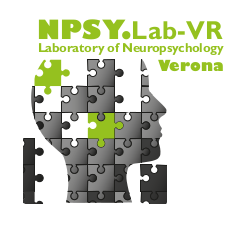Authors: Michele Scandola, Giorgia Pietroni, Gabriella Landuzzi, Enrico Polati, Vittorio Schweiger and Valentina Moro
Fibromyalgia (FM) is characterised by chronic, continuous, widespread pain, often associated with a sense of fatigue, non-restorative sleep and physical exhaustion. Due to the nature of this condition and the absence of other neurological issues potentially able to induce disorders in body representations per se, it represents a perfect model since it provides an opportunity to study the relationship between pain and the bodily self. Corporeal illusions were investigated in 60 participants with or without a diagnosis of FM by means of an ad hoc devised interview. In addition, motor imagery was investigated and illusions relating to body part movements and changes in body size, feelings of alienness, and sensations of body parts not belonging to one’s own body (disownership and somatoparaphrenic-like sensations) were found. Crucially, these symptoms do not correlate with any of the clinical measures of pain or functional deficits. The results showed that motor imagery was also impaired, and the severity of the deficits found correlated with the functional impairment of the participant. This indicates that disorders in body representations and motor imagery are part of the clinical expression of FM. However, while motor imagery seems to be linked to reduced autonomy and functional deficits, bodily illusions are independent and potentially represent a concurrent symptom.
